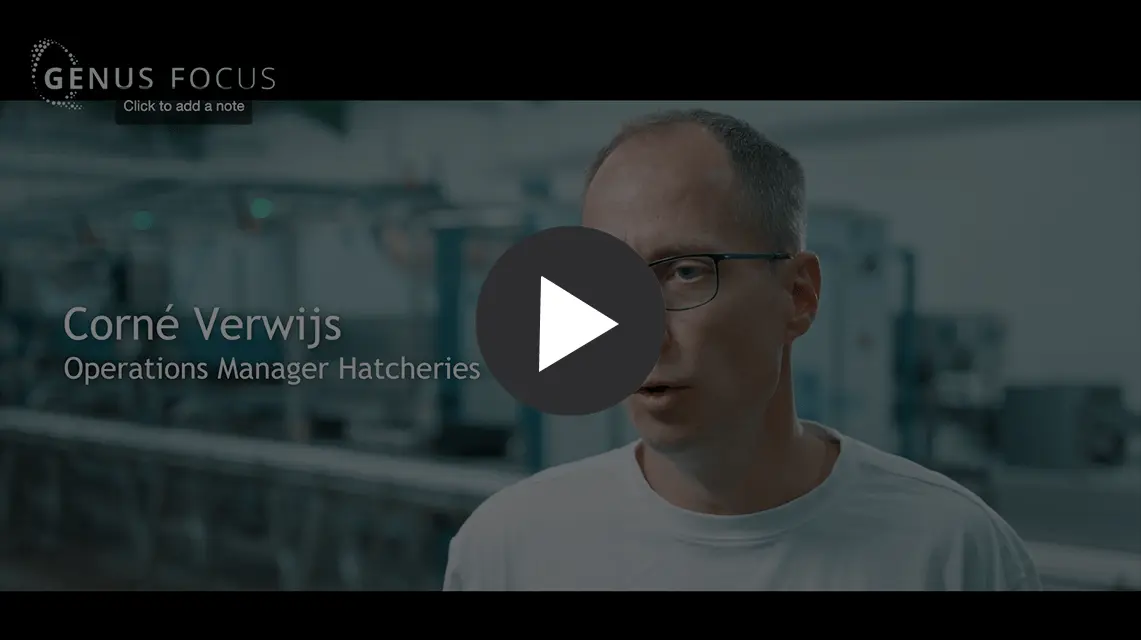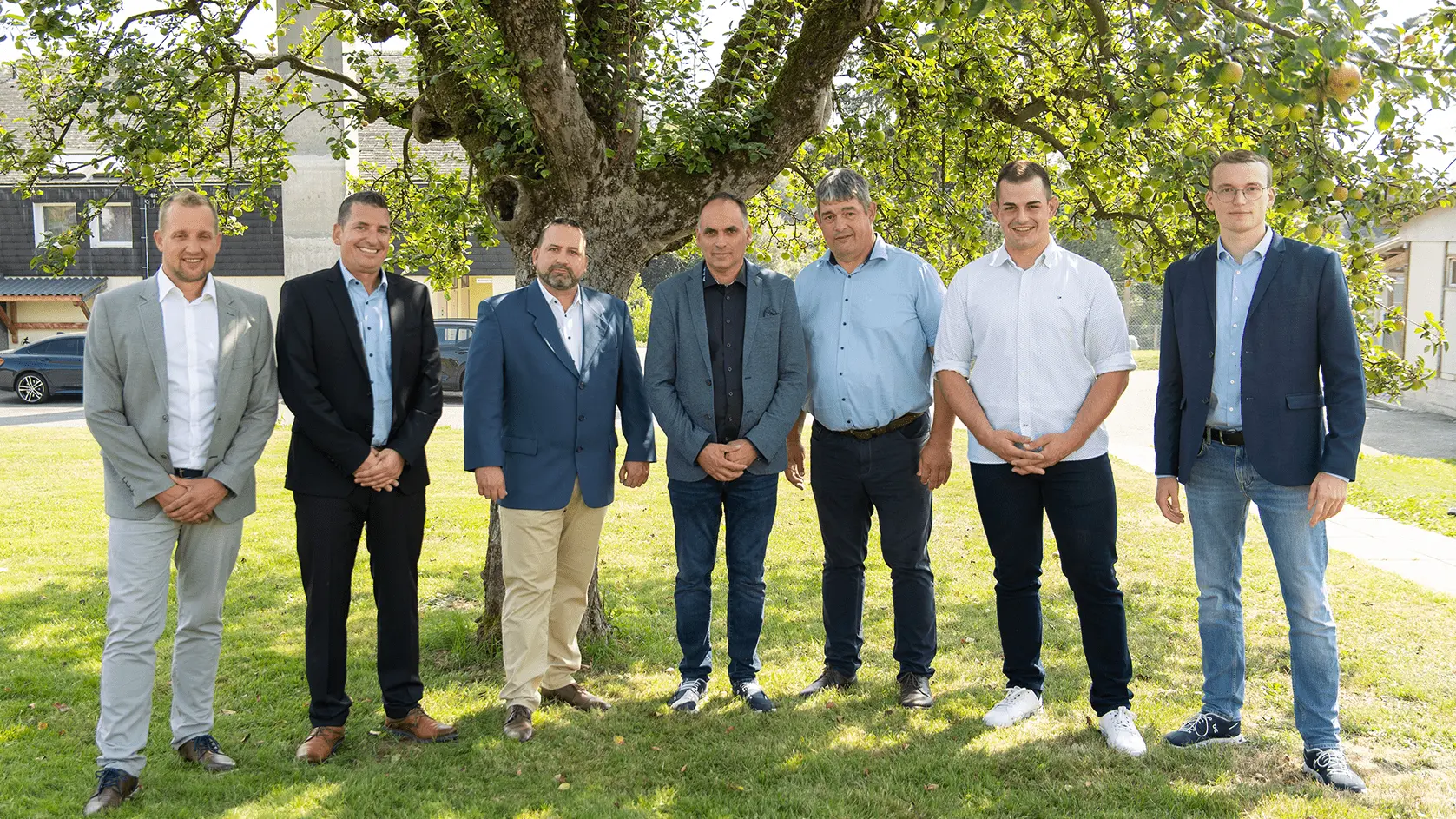This Is the Impact of In-Ovo Sexing with the Genus Focus
100 million eggs have been scanned with the contactless AI-powered technology.
May 15, 2025
We are celebrating a big milestone. Since production began two years ago, more than 100 million eggs have been scanned in hatcheries using the Genus Focus for in-ovo sexing. It is hard to picture what 100 million eggs look like – it is even harder to picture the vast numbers of laying hens and table eggs that have been produced with those millions and millions of eggs. Instead of imagining, explore our infographic, where we break down the impact of the Genus Focus on ethical egg production over the past two years.

Why do we need in-ovo sexing in egg production?
Orbem’s contactless, AI-powered technology, address a crucial ethical concern in the egg production industry: the culling of male chicks. Due to their lack of utility in egg production, male chicks raise both ethical and environmental issues. For a long time, the only alternative to culling males was raising them; however, this practice comes with its own pitfalls. An incredible amount of resources is spent on raising the male brethren of laying hens although they cannot compete with broiler chicks (who are specifically bred for meat production) – rendering the raising of males both uneconomical and unsustainable. A different approach is needed, and this is where in-ovo sexing comes in.
The Genus Focus detects the sex of a chick embryo before hatching, ensuring that only female chicks are hatched and raised. The contactless, fully-automated system analyzes the inside of the egg before the embryo feels any pain (as shown in the latest, large-scale study commissioned by the German Federal Ministry of Food and Agriculture). Sorting out male chicks before day 13 of incubation allows hatcheries to operate at increased animal welfare standards and boost their levels of efficiency, sustainability, and profitability.
How does the Genus Focus contribute to sustainability goals?
The impact of the Genus Focus is substantial and measurable. Having scanned more than 100 million eggs, we are contributing to the production of over 38 million laying hens. The 18 billion eggs laid by these hens help meet the growing consumer demand for humane and environmentally sustainable food sources. The adoption of in-ovo sexing technology exemplifies how technological advancements can drive significant positive change across the agricultural sector, setting a precedent for other producers – and often entire countries – to follow. With the Genus Focus, humane practices and innovative technology work hand in hand, benefiting both the industry and society.
What does it take to implement in-ovo sexing?
We could not have scanned 100 million eggs if it wasn’t for our innovation- and impact-driven clients. We are proud of our collaboration with these forward-thinking hatcheries that are willing to implement avant-garde technology for the sake of increased sustainability, animal welfare, and consumer satisfaction. It is because of their open mindsets, curiosity, and eagerness to future-proof their business that we can operate. Thank you for your trust and for driving large-scale industrial and societal change with us.
Other interesting articles
How the Genus Focus Became a Key Driver in Ending Chick Culling in the Netherlands
Dutch poultry industry embraces innovation for more ethical egg production.
How the Genus Focus adds Value to Hatcheries with Full Automation
Discover Pluriton’s efficiency improvements after our installation.
New Sector-Wide Initiative Introduces Genus Focus for In-Ovo Sexing in Switzerland to End Chick Culling
Swiss hatcheries adopt Genus Focus for in-ovo sexing to avoid killing millions of male chicks.
Discover other milestones
Want to write about us?
We would love to hear from you!

Barbara Jilek
PR and Content Marketing Manager






